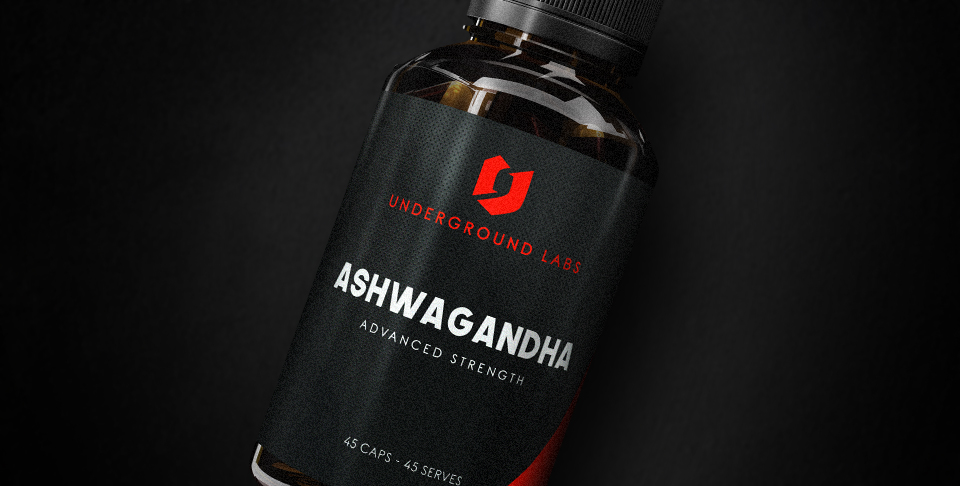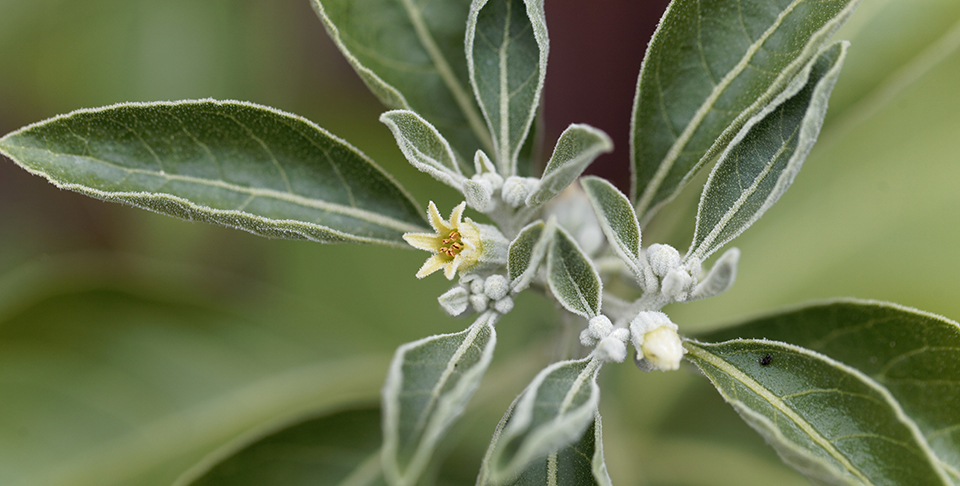Quick Summary
- Ashwagandha, also known as Indian ginseng or Withania somnifera, is a plant with a rich history in traditional Indian medicine, known for its potential health benefits.
- The herb shows promise in improving physical performance, acting as an adaptogen for stress relief, & possibly enhancing fertility.
- Studies suggest that Ashwagandha may boost strength & power output in athletes & bodybuilders.
- As an adaptogen, Ashwagandha helps individuals cope with chronic stress by reducing cortisol levels & blood pressure.
- Research indicates potential improvements in male fertility through increased testosterone & hormone production.
- When buying Ashwagandha look for the scientific name Withania somnifera & extract from the plant root.
- Ashwagandha has a generally safe profile, but caution is advised for individuals with underlying medical conditions.
- With various supplement options available, Ashwagandha offers a versatile addition to herbal preparations for overall well-being.
Introduction
Ashwagandha, scientifically known as Withania somnifera, is a plant belonging to the nightshade family & shares botanical ties with potatoes, tomatoes, eggplants, & tobacco. With a rich history in traditional Indian medicine, Ashwagandha has been revered for centuries for its diverse range of potential health benefits. In this article, we will explore the origins of Ashwagandha, its various advantages, & its safety profile, providing readers with valuable insights into this remarkable herbal remedy.
Where Does Ashwagandha Come From?
Ashwagandha's cultivation can be traced back to the arid regions of India, where it has thrived for centuries. However, in recent times, its popularity has extended beyond the Indian subcontinent, reaching various parts of the world, including the United States. This widespread adoption is a testament to its perceived efficacy & appeal as a natural supplement.
Where Does Ashwagandha Come From?
Ashwagandha was originally cultivated in the drier parts of India. But of course, its use has now also spread to other parts of the world such as the USA & Australia.
Ashwagandha Benefits
The benefits of Ashwagandha are multifaceted, ranging from its potential to enhance physical performance to its role in stress relief & fertility improvement. Let's delve into these various advantages:

Ashwagandha Benefits for Strength & Performance
For athletes & bodybuilders, performance enhancement is a constant pursuit. While scientific research on Ashwagandha's impact on exercise performance is still emerging, some promising results have been observed. Studies have shown that individuals given 500 mg of Ashwagandha extract for eight weeks experienced improvements in maximum velocity & power output compared to those on a placebo (Sandhu et al., 2010). This suggests the potential of Ashwagandha as an ergogenic aid, which could have significant implications for individuals seeking to maximize their physical capabilities.
Ashwagandha Benefits for Stress
In our fast-paced modern lives, stress has become a common companion, leading to various health issues. Ashwagandha's reputation as an adaptogen, an agent that helps the body cope with stress, has been extensively studied. Research indicates that Ashwagandha can effectively reduce cortisol levels & blood pressure in individuals dealing with chronic stress (Auddy et al., 2008). The potential to alleviate stress-related symptoms makes Ashwagandha an attractive option for those seeking natural stress relief.
Ashwagandha Benefits for Testosterone and Fertility
For men dealing with fertility problems, Ashwagandha has shown promise in improving semen quality & increasing testosterone, luteinizing hormone (LH), & follicle-stimulating hormone (FSH) production (Ahmad et al., 2010). However, further research is required to determine whether healthy men can also benefit from these testosterone-boosting effects. Nevertheless, the findings open up possibilities for Ashwagandha's application in addressing male fertility issues.
Ashwagandha Safety and Side Effects
One of the significant advantages of Ashwagandha is its generally safe profile. Toxicity studies have demonstrated no adverse effects associated with its use (Mishra et al., 2000). Moreover, the studies exploring its stress-relief benefits have reported no significant side effects, indicating that Ashwagandha is well-tolerated. Nonetheless, there has been a single reported case of thyrotoxicosis in a woman with chronic fatigue syndrome who used Ashwagandha (van der Hooft et al., 2005). As a precaution, individuals with underlying medical conditions, including chronic fatigue, should consult healthcare professionals before incorporating Ashwagandha into their routines.
Ashwagandha Recommended Doses and Ingredient Timing
The recommended dosage of Ashwagandha varies depending on the intended purpose. For stress management, studies have suggested a dosage of 125 mg per day. However, to experience improvements in strength & performance, larger doses of up to 800 mg per day may be necessary. Timing is not particularly crucial for Ashwagandha, but users should always follow the manufacturer's directions, especially when using it as part of a supplement blend.
Ashwagandha Supplements
Ashwagandha is available in various forms, including standalone supplements, multivitamins, & some complex blended supplements. When searching for products, consumers should also look for Ashwagandha under its scientific name, Withania somnifera, to ensure they are getting the desired ingredient. Further & for a strong version be sure to look for an extract that is mostly extracted from the plant root, which in most cases yields a higher percent of the active ingredient.
Stacking Ashwagandha
The versatility of Ashwagandha allows it to be combined with almost any other supplement, particularly other herbal preparations (Mishra et al., 2000). This flexibility provides users with the freedom to tailor their supplement regimens according to their specific health & fitness goals. At Mr Supplement we have seen over the years Ashwagandha stacked with virtually every type of supplement including protein powders, amino acids & more.
Conclusion
Ashwagandha, or Indian ginseng, is a remarkable herbal remedy that has been treasured in traditional Indian medicine for centuries. With its potential benefits in enhancing strength, managing stress, & possibly improving fertility, Ashwagandha offers a natural alternative for individuals seeking to optimize their overall well-being.
While generally safe, it may be wise for new users to consult healthcare professionals, especially those with pre-existing medical conditions, before adding Ashwagandha to their health regimen. As research continues, the full extent of Ashwagandha's capabilities will become even clearer, solidifying its place as a valuable addition to the world of natural supplements.
References
- Archana & Namasivayam (1998), Antistressor effect of Withania somnifera. Journal of Ethnopharmacology, 1: 91-93
- Auddy et al (2008), A Standardized Withania Somnifera Extract Significantly Reduces Stress-Related Parameters in Chronically Stressed Humans: A Double-Blind, Randomized, Placebo-Controlled Study. JANA, 11: 50-56
- Mishra et al (2000), Scientific Basis for the Therapeutic Use of Withania somnifera (Ashwagandha): A Review. Alternative Medicine Review, 5: 334-346
- Sandhu et al (2010), Effects of Withania somnifera (Ashwagandha) and Terminalia arjuna (Arjuna) on physical performance and cardiorespiratory endurance in healthy young adults. Int J Ayurveda Res, 1: 144-149



.jpg)